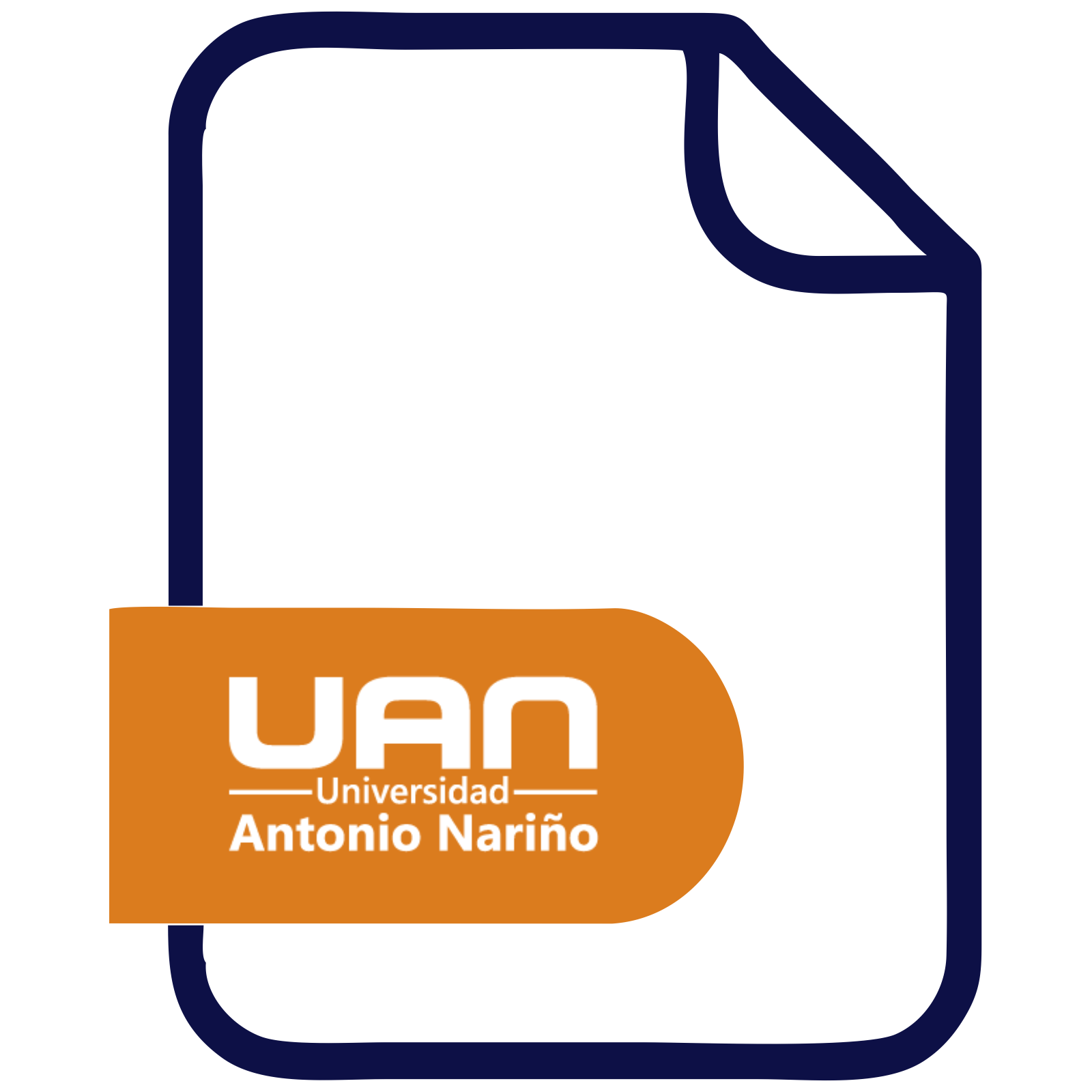Por favor, use este identificador para citar o enlazar este ítem:
http://repositorio.uan.edu.co/handle/123456789/2121> Repositorio UAN
Repositorio UANComunidades y ColeccionesTitulosMateriasAutoresFecha de publicacion
Mi CuentaAccederRegistro
Mi CuentaAccederRegistro
| Título : | Concreto Permeable como Sistema Alternativo del Pavimento Convencional. |
| metadata.dc.creator: | Rivera Vitoviz, Carlos Eduardo |
| metadata.dc.contributor.advisor: | Morales Rey, Alexandra Yanira |
| Palabras clave : | Construcción;concreto permeable;Suelo;Infiltración;Drenaje;Flujo de agua;Contaminación |
| Descripción : | Propia |
| Resumen : | The degree work seeks to present a viable alternative to conventional concrete, given that the construction of modern cities materialize in impervious surfaces that alter the natural cycle of water; that is, the free flow of fluid and air; producing the increase of the temperature in the soil, promoting the accumulation of the flow of the liquid in different surfaces, overflowing the drainage systems and mobilizing the polluting residues that make the water alter its physical and chemical properties; As a consequence, when entering ecosystems, the quality of life is violated at all levels. So, pervious concrete pavements are a great choice because they give way to natural water management without affecting the road configuration; and likewise, depending on its properties and characteristics, providing an environmentally sustainable system. For this reason, the aim is to study the variables in a theoretical way for the implementation of porous concrete and, from this, to analyze the viability of the application in the Estrella sector, in Ciudad Bolívar, Bogotá D.C. Where it is located, which is currently not being used on high vehicular traffic roads due to structural failures due to the compaction that these have, thus reducing their percentage of voids which do not allow the efficient passage of water; However, this novel material can be handled on platforms, cycle routes, parking lots, parks, among others. |
| metadata.dc.description.tableofcontents: | El trabajo de grado busca presentar una alternativa viable frente al concreto convencional, dado que, la construcción de ciudades modernas se materializan en superficies impermeables que alteran el ciclo natural del agua; es decir, el flujo libre del fluido y del aire; produciendo el incremento de la temperatura en el suelo, fomentando la acumulación del flujo del líquido en diferentes superficies, desbordando los sistemas de drenaje y movilizando residuos contaminantes que hacen que el agua altere sus propiedades físicas y químicas; esto lleva como consecuencia, que al ingresar a los ecosistemas se vulnere la calidad de vida a todos los niveles. De manera que, los pavimentos de concreto permeable son una gran elección porque dan paso al manejo natural del agua sin afectar la configuración vial; y así mismo, en función de sus propiedades y características, brinda un sistema ambientalmente sostenible. Por esta razón, se busca estudiar las variables de manera teórica para la implementación del concreto poroso y, a partir de esto, analizar la viabilidad de aplicación en el sector de la Estrella, en la localidad Ciudad Bolívar, Bogotá D.C. Donde se encontró, que actualmente no está siendo usado en vías de alto tráfico vehicular por fallos de su estructura debido a la compactación que estos generan, ya que se reduce así su porcentaje de vacíos los cuales no permiten el paso eficiente del agua; Sin embargo, este material novedoso se puede emplear en andenes, ciclo rutas, parqueaderos, parques, entre otros. |
| URI : | http://repositorio.uan.edu.co/handle/123456789/2121 |
| Editorial : | Universidad Antonio Nariño |
| metadata.dc.publisher.campus: | Bogotá - Sur |
| metadata.dc.publisher.faculty: | Facultad de Ingeniería Civil |
| metadata.dc.date.created: | 2020-06-05 |
| metadata.dc.rights.uri: | http://creativecommons.org/licenses/by-nc-nd/3.0/us/ |
| Aparece en las colecciones: | Ingeniería civil |
Ficheros en este ítem:
| Fichero | Tamaño | |
|---|---|---|
| 2020CarlosEduardoRiveraVitoviz.pdf | 4.24 MB | Visualizar/Abrir |
| 2020AutorizaciondeAutores.pdf Restricted Access | 74.4 kB | Visualizar/Abrir Request a copy |
Este ítem está sujeto a una licencia Creative Commons Licencia Creative Commons




